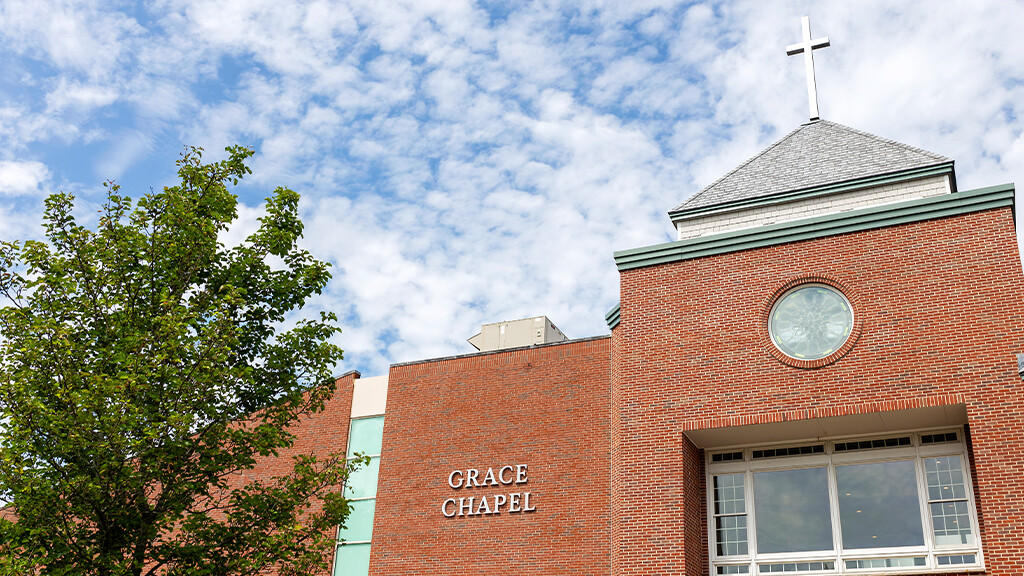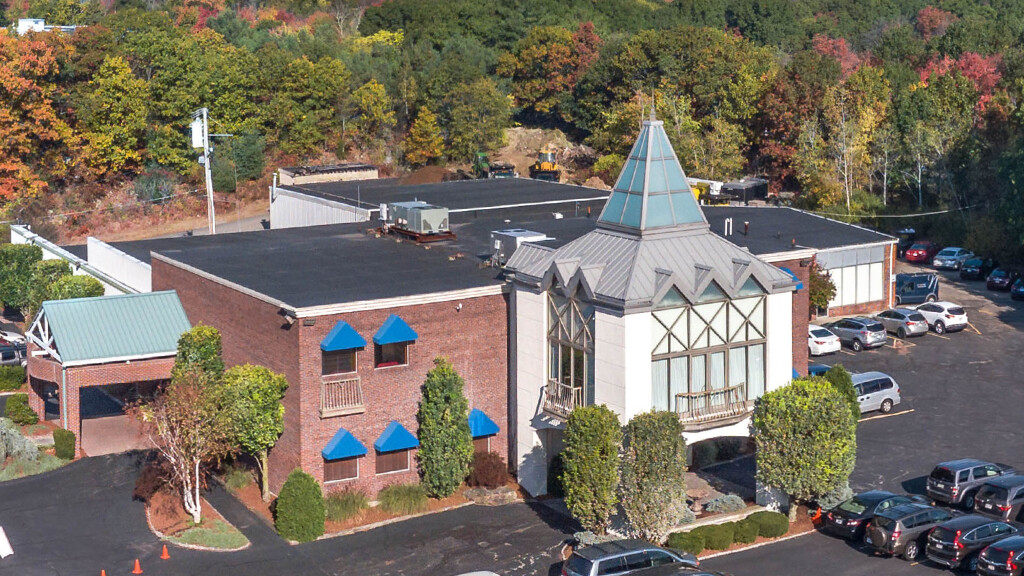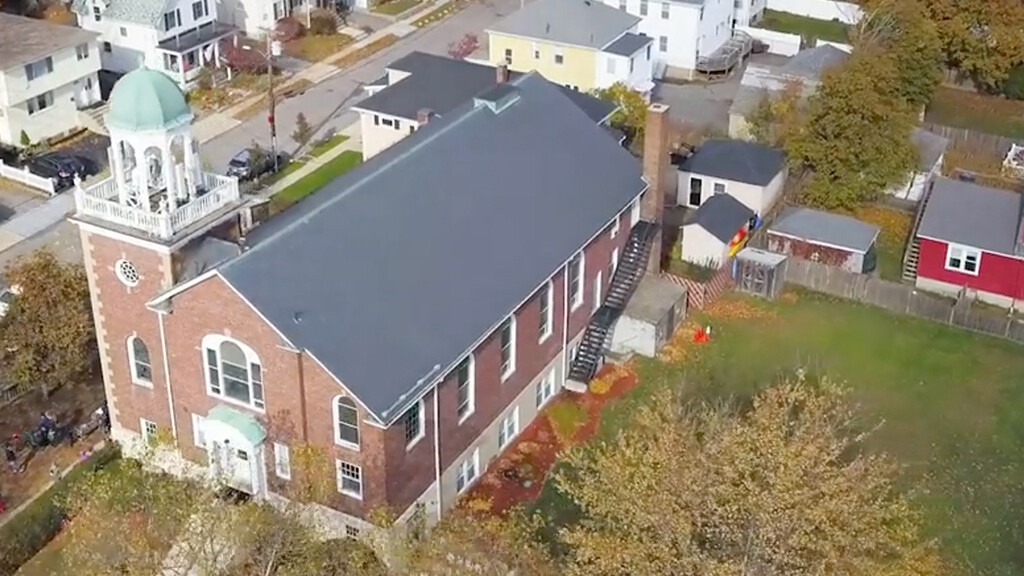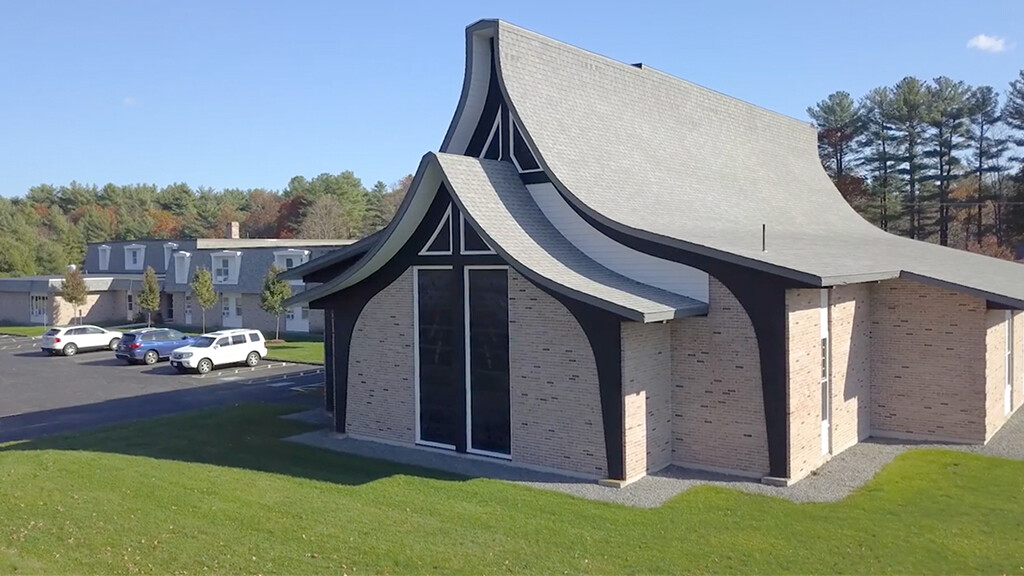
A little baby lies on her belly on a blanket staring at her reflection in a mirror, a 4th grade boy checks out his new haircut in the bathroom before leaving for school, a middle school boy wonders who he will sit with in the lunchroom on the first day of school, a high school girl tries 3 different sports, 2 different musical instruments, and the drama club in hopes of figuring out which best fits her personality, her gifts, and her talents.
Each of these young people are trying to answer one of three basic questions of life.
- “Who am I?”
- “Where do I belong?”
- “Why am I here?”
While culture and the world has changed dramatically over the centuries, these three questions have remained fundamental to human development, leaving parents searching for ways to help their children navigate the path from infancy to childhood, through adolescence, and on into adulthood in search of the answers.
God created a plan and a partnership centuries ago that when followed would ensure long and prosperous lives as children of God who bear the image of God. That partnership was between parents of children and the faith community.
As he called a people to be his own and out of his love for them, God gave instructions to the people of Israel before entering the Land of Promise. The people of Israel were not to take for granted that the generations to follow them would instinctively know how to live lives that would reflect the image of God in which they were created.
And so, God prompted Moses to give a universal command that all of Israel was to assume the responsibility to raise the children in their community to know and love and obey the Lord their God, by impressing the commands of God upon their hearts, this was the plan.
“Hear O Israel: The LORD our God, the LORD is one. Love the LORD your God with all your heart and with all your soul and with all your strength. These commandments that I give you today are to be on your hearts. Impress them on your children. Talk about them when you sit at home and when you walk along the road, when you lie down and when you get up. Tie them as symbols on your hands and bind them on your foreheads. Write them on the doorframes of your houses and on your gates.” Deuteronomy 6:4-9 (NIV)
This plan is a commitment expected of the entire community, in partnership with the parents, to love God with heart, soul, and strength. In many churches today, when children are dedicated, the question first posed is for the parents to reaffirm their faith in Jesus Christ. It serves to center the commitment of those responsible for passing faith to the next generation.
The question which follows clarifies the purpose of this act, to raise this child in a way that prepares him or her to own their faith for themselves. Child dedication is not just a nice thing to do or a rite of passage to just “get done.” Rather it is a direct command from God through the voice of Moses to the community of Israel and to people of faith today. As I learned to say in Texas, this is an “all y’all” moment. “Hey Israel, hey church: Impress these commands on all y’all’s children.”
Notice Moses instructs the people to talk about the LORD “when you are at home and when you walk along the road…when you lie down and when you get up.” This is a 24/7 expectation.
- “Tie them as symbols on your hands.” May the work of your hands bring God glory. Every project you complete, every paper you write, every chore you do at home, whatever you do with your hands, is to bring glory to God.
- “Bind them on your foreheads.” May all that you think, see, listen to, and take into your body and mind remind you of God’s great love and provision for you.
- “Write them on the doorframes of your houses and on your gates.” May anyone who enters your home or your community find the welcome, hope, grace, justice, and mercy of the people of God.
That’s a lot of work even for the classic nuclear family of two committed parents with two or three children, let alone those with more children, single parents, fostering and adoptive parents, or grandparents.
That’s why we need the whole community. That’s why Moses gave the instructions to all of Israel. And it’s why today we have a third question, one posed of the congregation, “As God gives you opportunity, will you come alongside these parents, praying for them and helping them raise their children to know and love Jesus?”
Impressing the commands of God upon the hearts of his children is more than making sure there is childcare, a nursery, and some kind of “Sunday school” on Sunday mornings, so adults can worship in “big church,” without being bothered or distracted by fussing babies, fidgety elementaries, and frustrating teens.
- First, there is no such thing as “big church,” as if wherever you place the children is called “little church.” The church is the church.
- Second, all ages and stages must be welcome. Our children and youth are not the church of tomorrow, just as our octogenarians are not the church of yesterday. We are all the church of today!
- Third, as adults we do not “age out” of this command of God to impress these important truths on the minds and hearts of our young people. This is not the time for a “been there, done that” attitude.
We want our children’s first impressions of who they are, where they belong, and why they are here to be ones that will draw them into God’s story to find the answers. We can do this by introducing them from the very beginning to the One by whom and for whom they were created.
This is what it means to be human, to reflect the image of God we each bear, to produce the fruit of the Spirit in our lives – love, joy, peace, patience, kindness, goodness, faithfulness, gentleness, and self-control – character traits that are missing in so many aspects of our world today.
We all bear the responsibility of raising the children around us. All of us. Not just the parents or caregivers. Not just the children’s and/or youth and student workers in a church. All of us together.
We need to link arms to help our children and youth become the humans God has created them to be, bearing his image, and reflecting his love and grace to the world through all that they say and do. But we cannot do it alone.
Parents, you need a community around you to encourage you. A church family can and should be one of those safe and supportive communities.
Pastors, children’s workers, youth directors, you need the wisdom, knowledge, and partnership of the parents, grandparents, and other caring adults of the young people in your ministries. There is so much more we can do when we work together than either can do alone.









Login To Leave Comment